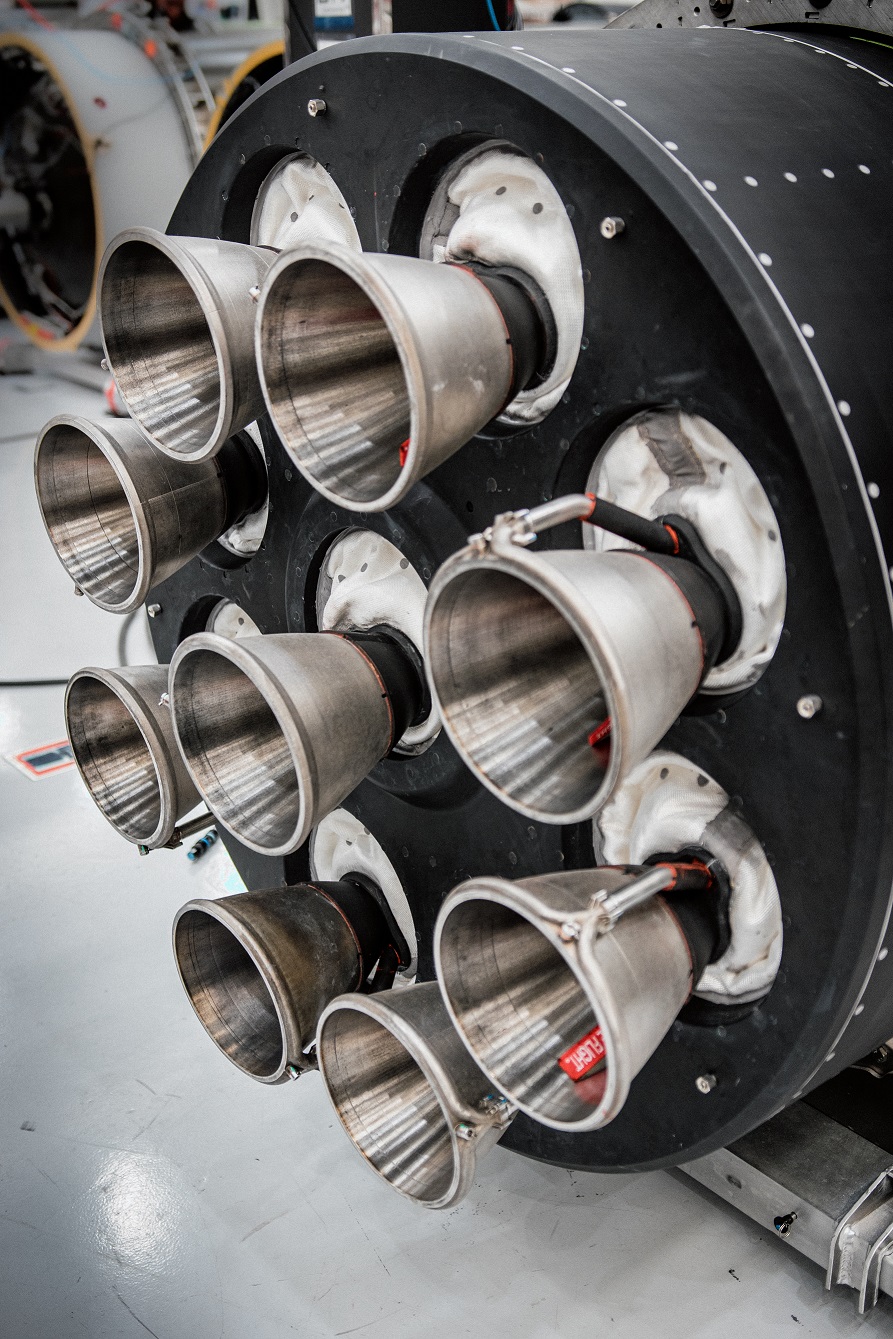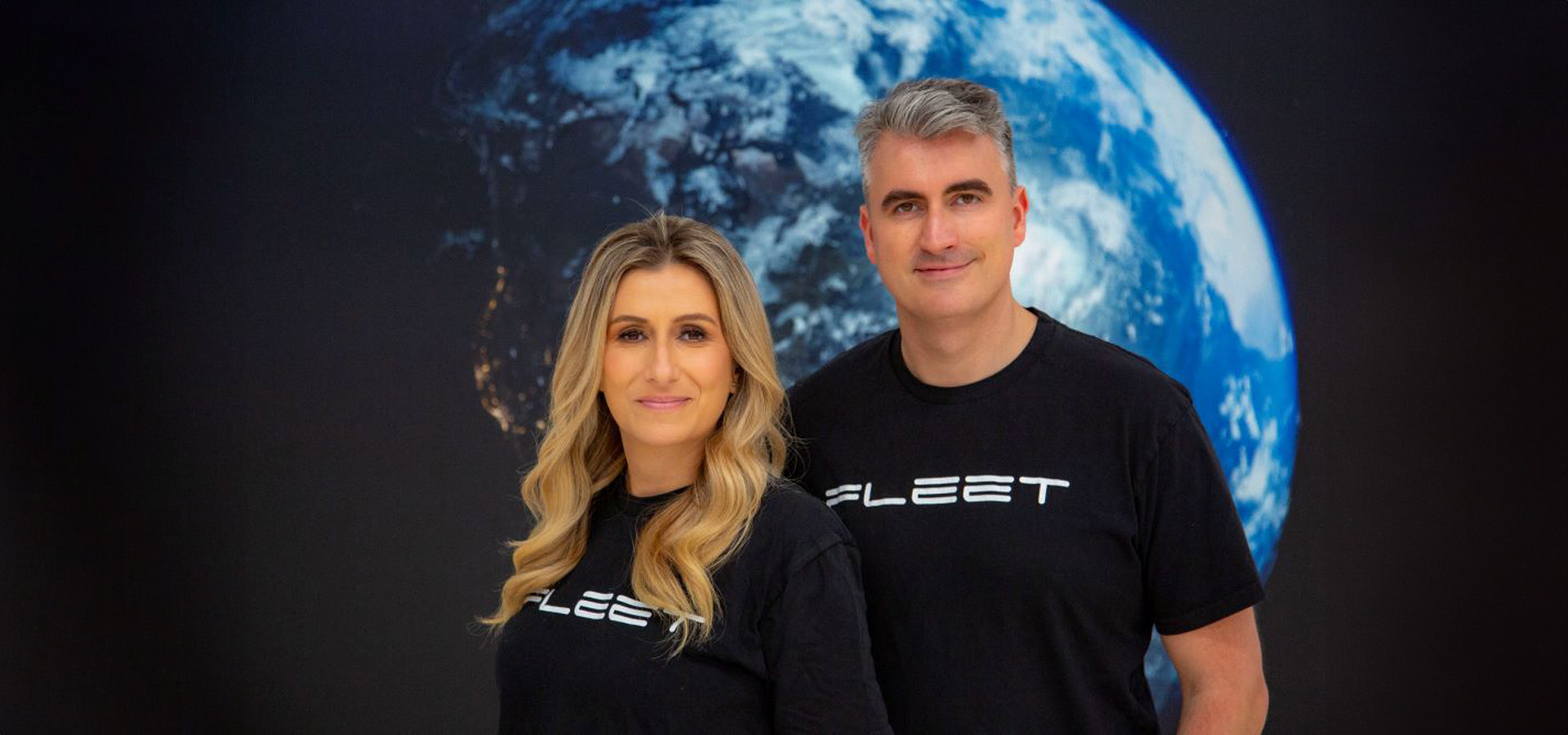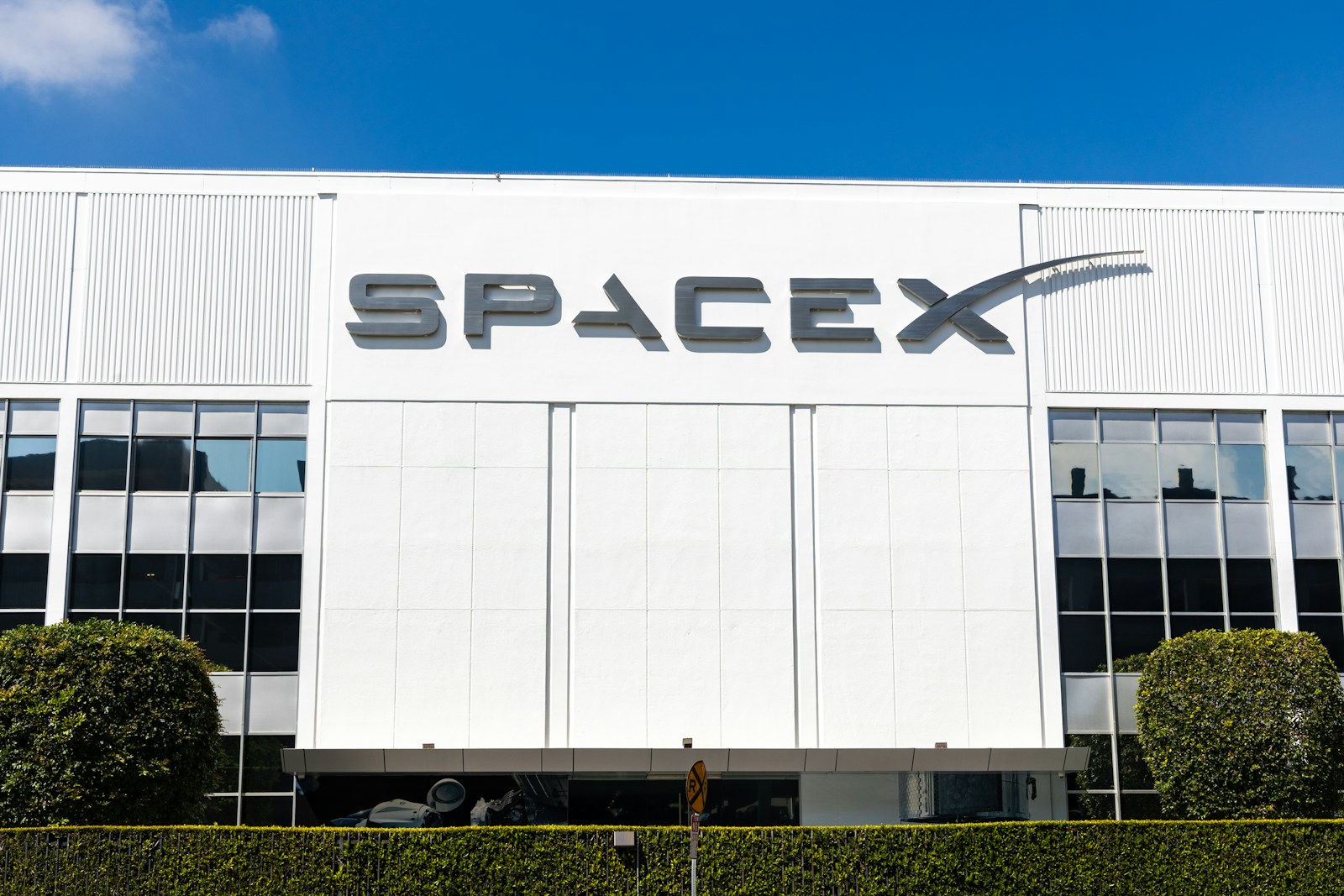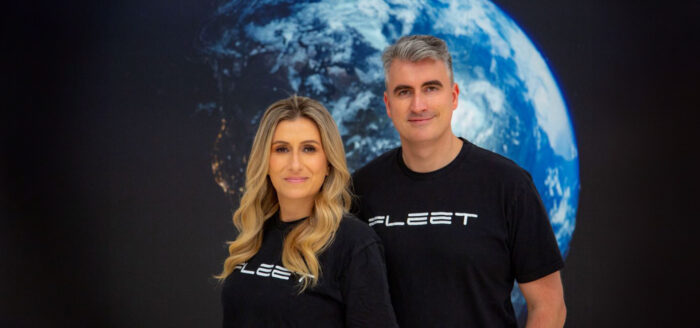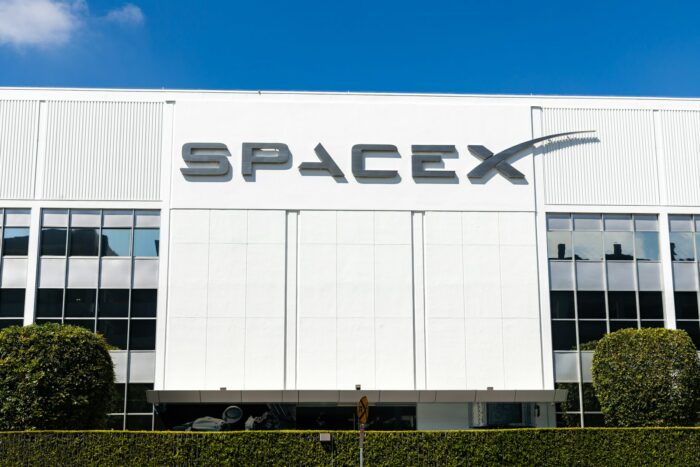Insider Brief:
- Rocket Lab recovers the Electron rocket’s first stage during the company’s upcoming 40th mission.
- The company also launches a pre-flown Rutherford engine for the first time, accelerating plans to make Electron the world’s first reusable small orbital rocket.
- ‘We Love The Nightlife’ delivers the first of Capella’s next generation ‘Acadia’ Earth observation satellites.
PRESS RELEASE — Long Beach, California / August 23, 2023 — Rocket Lab USA, Inc (Nasdaq: RKLB) (“Rocket Lab” or “the Company”), a leading launch and space systems company, today announced it has accelerated its next recovery mission. The ‘We Love the Nightlife’ mission, scheduled for lift-off today, will now fly on a recovery-configured Electron rocket. For the first time, Rocket Lab will also launch a pre-flown Rutherford engine, a significant milestone in the program to evolve Electron into a reusable rocket.
Scheduled to launch as early 11:45 am NZST today (23:45 UTC) from Rocket Lab’s private orbital launch site in New Zealand, the mission will be Rocket Lab’s 40th Electron launch overall and will deploy a spacecraft for American space tech company Capella, a leading provider of commercial Synthetic Aperture Radar (SAR) imagery.
As a recovery mission, Electron’s first stage will return to Earth under a parachute after launch and splash down in the Pacific Ocean several hundred kilometers down range from Launch Complex 1. Rocket Lab’s marine recovery vessel will then extract the stage from the ocean and transport it back to Rocket Lab’s production complex for analysis and testing. Rocket Lab has previously recovered first stages from seven Electron launches and ‘We Love The Nightlife’ is intended to be one of the final tests before the Company attempts to refly a booster for the first time in the coming months.
In addition to recovering the booster, Rocket Lab will fly a pre-flown 3D printed Rutherford engine for the first time. The engine previously flew on the first stage of the ‘There and Back Again’ mission, successfully launched in May 2022. The engine has since undergone extensive qualification and acceptance testing to certify it for re-flight, including multiple full mission duration hot fires where the pre-flown engine performed flawlessly.
“This mission is a big step toward reusable Electron rockets,” said Rocket Lab founder and CEO Peter Beck. “The engines we’re bringing back from previous recovery missions are performing exceptionally well through requalification and acceptance testing, so we’re excited to send one on its second trip to space as one of the final steps before reflying an entire first stage. Once again our team has demonstrated impressive responsiveness by swapping vehicles matter of days, enabling us to get Capella to orbit on schedule, while giving us another opportunity to splash down and recover a new booster. With the production team pumping out a new Electron rocket every three weeks, we have the unique ability to shuffle stages around to maintain a rapid launch cadence.”
The ‘We Love the Nightlife’ mission was previously scheduled for launch earlier this month, and was initially not destined to be a recovery mission, but low ignitor pressure on a single engine during an initial launch attempt required the team to stand down and conduct further analysis. To keep the mission on schedule, and also expedite Rocket Lab’s reusability efforts the fairing, with Capella payload integrated within, was swapped onto the next available recovery-configured first stage in Rocket Lab’s production line.
‘We Love The Nightlife’ will deliver the first of Capella’s next generation ‘Acadia’ Earth observation satellites. The mission will be Rocket Lab’s third launch for Capella following the successful ‘Stronger Together’ mission launched in March 2023 from Rocket Lab Launch Complex 2 in Virginia, and the ‘I Can’t Believe It’s Not Optical’ mission in August 2020 from Launch Complex 1 in New Zealand, which deployed the first satellite in Capella’s SAR constellation.
SOURCE: Rocket Lab
Featured image: Rutherford engine. Credit: Rocket Lab
If you found this article to be informative, you can explore more current space industry news, exclusives, interviews, and podcasts.
Share this article:

